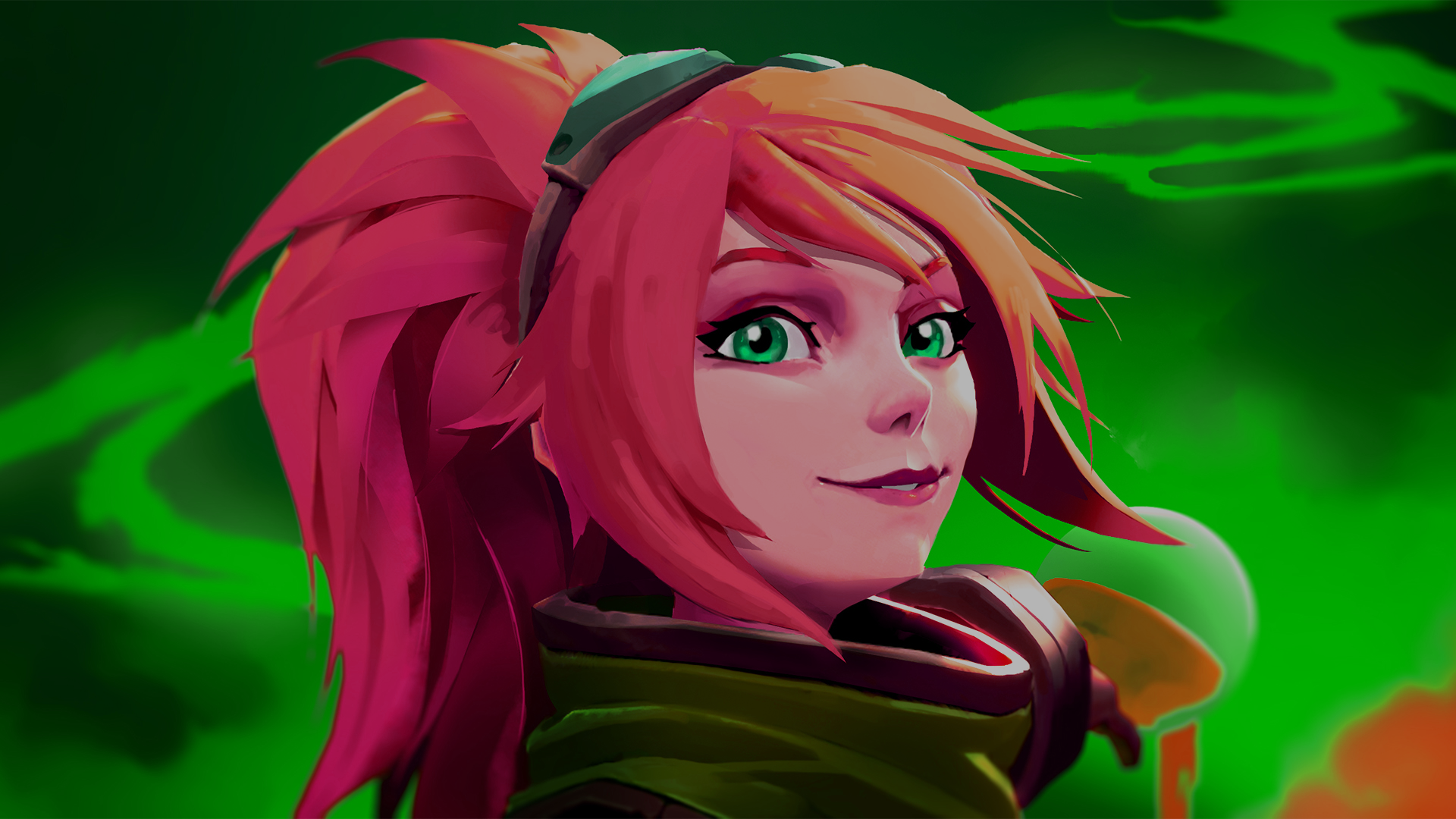Jeez, what a rant. D was an interesting niche language a decade ago, but is it important in any meaningful sense now? It was supposed to be a better C without the bloat and madness of C++, right? But now, we have Golang (non-bloated, better C but with garbage collection) and Rust (no GC, less insane than C++, but considerable hair in the type system and elsewhere compared to C, partly to enforce memory safety while lots of dynamic allocation is happening). And we have always had Ada (no GC, less hairy than C++, memory safe by default, but quite bureaucratic and not very conducive to dynamic memory).
Where again was D supposed to fit into this? Does it check approximately the same boxes as Ada but with less bureaucracy? I’ve read about it a little bit but never tried to use it.
As someone who likes expressive type systems (Haskell, OCaml) and good concurrency (GHC, Erlang) it looks to me like Rust is attempting the right thing, for those who require deterministic memory usage and dynamism at the same time. While Go is nice if you like C-like simplicity and can accept some non-determinism. I don’t understand the attractive application areas for D.
It was supposed to be a better C without the bloat and madness of C++, right?
D was sold as a better C++, way back then when C++ was stuck with C++98. To be more clear, D promised to be C++ under active development. That was it’s selling point.
In the meantime C++ received 2 or 3 major updates, and thus D lost any claim to relevance.
Side note: Rust is the only of the three to have an ML-style type system, which is generally agreed upon as one of the most theoretically sound foundations. Also the point is that Rust does it precisely without requiring dynamic allocation, as opposed to Go, for example.
If you want to go even further into the type system weeds in a non-GC language, try ats-lang.org . :)
I don’t know if it’s only me but, “OpenD”?
♪I went to school and I got OpenD♪
I was subscribed to an actual paper magazine called Dr Dobb’s Journal. I think it was there that a language called D was being described as it was being developed. Is this D the continuation of that one? (I suppose it’s possible that it was Byte magazine, not DDJ.)
It was definitely DDJ… back in the early 90s, right? I once asked Walter Bright (creator of D) if they were related and he told me it was just a naming coincidence.
Thanks, that time frame sounds right.
Man, I loved that magazine. Also a kind of newsletter or mini-magazine called “Algorithm” (or Algorithms). I think that’s where I first came across Metaphone, which I implemented in several different languages just for fun. I also tweaked it to take account of the relatively high proportion of Ukrainian names in the region, mostly because my mom was of Ukrainian descent.
Ok, enough reminiscing. I’ve taken us way off topic! :)




